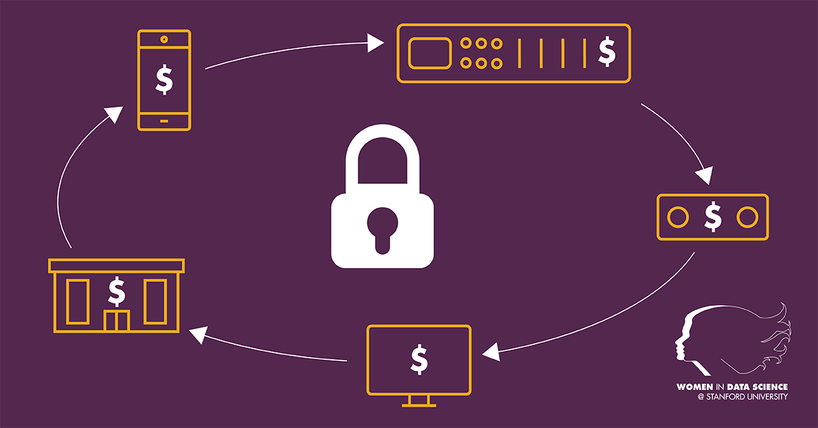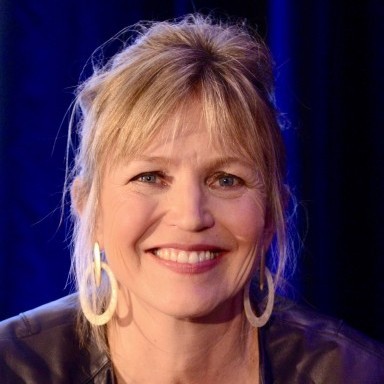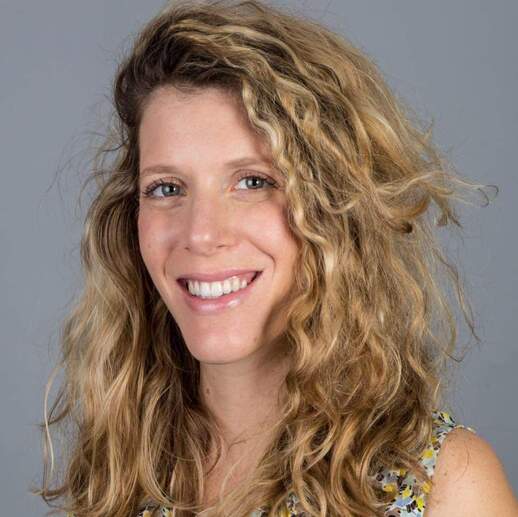Using Data Science to Keep Financial Data Secure

Highlights
In addition to her job at Intuit, Lador is a WiDS ambassador in Israel, has her own podcast about data science, and is a co-founder of PyData Tel Aviv meetups.
Lador’s team at Intuit focuses on machine learning in security and fraud applications to protect customers’ sensitive financial data from fraudsters and hackers. She and her team use anomaly detection and semi-supervised methods to secure Intuit products and data. “In general, putting AI into products is not an easy task.” But she thinks we need to put a lot of effort into securing our data especially with recent data leaks from Equifax and Facebook. “I think the world is going into that direction with the GDPR and other initiatives. AI has a lot of potential of helping in that domain,” she explained during a conversation with Stanford’s Margot Gerritsen, Stanford professor and host of the Women in Data Science podcast.
Israel has a lot of expertise in the security domain because many young people study security and encryption during Israel’s mandatory military service. She had the option to do this during her service, but since she already knew she would pursue a career in this area, instead she chose to become a pilot instructor in the flight simulator. “It was a very unique experience that I would probably never get to do.”
When Lador was starting her career in data science, she did not know many people in the field. She decided to start a PyData branch in Israel because she wanted to build a professional data science community. “My main motivation was that I wanted to learn and that I wanted to have friends and people to consult with and learn from. And now I have so many data scientist friends because of all this work and it’s great. I love it.”
She noticed when organizing PyData events that it was much easier to get male speakers. When she would ask a talented female scientist to talk about her work, she would say: “No, I’m not an expert… I’m not ready. I need to learn more… I was like, no, you’re enough years in the field. Everyone can learn something from you.”
Being a WiDS ambassador was like an extension of her PyData work. “I get to decide what’s in the conference and bring the best talks there.” Her experience organizing the PyData meetups helped her know how to create a valuable conference. She sees WiDS as a great opportunity to encourage more women to speak by giving them a platform, but also by bringing all the people together. “Seeing all those women on stage. This gives great inspiration to speak at other events, not just in WiDS. I think this is just an amazing initiative.”

About the Host
Margot Gerritsen
Stanford Professor [Emerita] Margot Gerritsen is the Executive Director and co-founder of Women in Data Science Worldwide (WiDS) and born and raised in the Netherlands. Margot received her MSc in Applied Mathematics from Delft University of Technology before moving to the US in search of sunnier and hillier places. In. 1996 she completed her PhD in Scientific Computing & Computational Mathematics at Stanford University and moved further West to New Zealand where she spent 5 years at the University of Auckland as a lecturer in Engineering Science. In 2001, she returned to Stanford as faculty member in Energy Resources Engineering. Margot was the Director of the Institute for Computational & Mathematical Engineering (ICME) at Stanford from 2010-2018 and the Senior Associate Dean for Educational Affairs in Stanford’s School of Earth Sciences from 2015-2020. In 2022, Margot took Emerita status to devote herself to WiDS full time. Margot is a Fellow of the Society of Industrial & Applied Mathematics, and received honorary doctorates from Uppsala University, Sweden, and the Eindhoven University of Technology in the Netherlands. She now lives in Oregon with her husband Paul.
Connect with Margot Gerritsen on Twitter (@margootjeg) and LinkedIn.
Find out more about Margot on her Stanford Profile.


